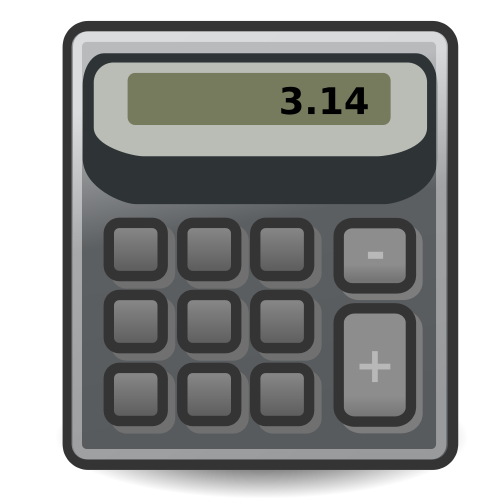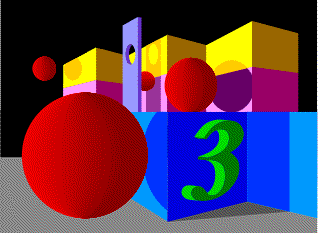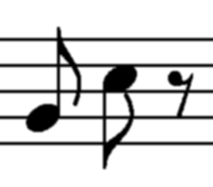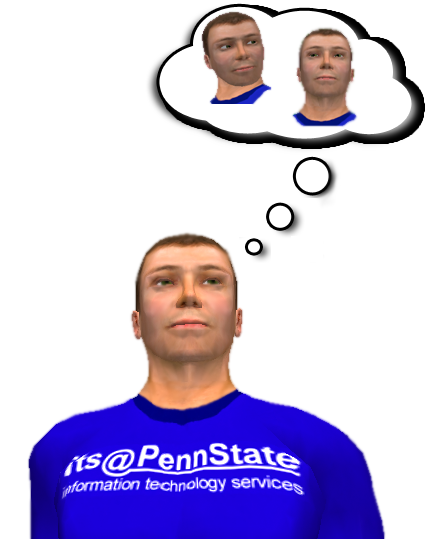Implications of Multiple Intelligences
The implications of this are enormous, for both teaching and learning. Just because some people have trouble learning in the logical-mathematical sense is no reason to assume they are not intelligent. They could be strong in one or several other areas. They could become more intelligent in that area through practice and special study. Also, they could probably compensate for their weakness in one area by using other areas of intelligence they are strong in or naturally prefer to use, providing the learning environment permits them to do so.
Designing Instruction Around Multiple Intelligence Theory
- Analyze lesson plans to ascertain which intelligences are being utilized with each activity:
- Then ascertain if this same activity is interpersonal or intrapersonal. Interpersonal activities can draw upon cooperative learning techniques. Intrapersonal activities can be more self-paced, facilitating self-reflection so the new knowledge is incorporated better into the person's existing knowledge structures.
- Balance lesson types out so no one intelligence is over emphasized.
- Try and provide remedial lessons on a given topic using different "intelligences," so learners have another way of looking at the material.
Fostering Linguistic Intelligence

This intelligence is activated by the spoken word, by reading (especially poetry), and by writing one's own thoughts, ideas, etc.
Here are some ideas for activating this intelligence:
- Have the person write a sequel to a story.
- Use cooperative learning techniques with this person. Involve the person in group activities.
- Have this person make a speech on a (to them) relevant topic.
- Have the person keep a log or journal about his/her daily experiences.
- Encourage the person to read and write poetry.
Here are some key terms that are related to linguistic intelligence:
- reading
- vocabulary
- formal speech
- journals
- writing
- poetry
- debates
- speaking
- humor
- storytelling
Fostering Logical-Mathematical Intelligence

This intelligence is activated in problem-solving and or challenging situations.
Here are some ideas for activating this intelligence:
- Have the person create a detailed outline on a subject they are studying.
- Have the person compare and contrast objects (physical things) or concepts (mental things).
- Have the person construct a logical argument for some process or idea.
- Have the person participate in an empirical study based on the scientific method.
- Have the person analyze a series of events or phenomena for underlying patterns.
Here are some key terms that are related to logical-mathematical intelligence:
- symbols
- outlining
- graphic organizers
- number sequences
- calculations
- codes
- concept relationships
- syllogisms
- problem solving
- patterns
Fostering Spatial Intelligence

This intelligence is activated when a person must you mental imagery to accomplish something.
Here are some ideas for activating this intelligence:
- Have the person design a building.
- Have the person study a picture, then have them list the object in the picture without reference to it.
- Have the person study a picture, then have them describe what lies just outside the scope of the picture.
- Have the person develop a mind-map for a given area of study.
- Have the person develop a highly visual presentation for a given area of study.
Here are some key terms that are related to spatial intelligence:
- imagery
- imagination
- color schemes
- designs
- painting
- drawing
- mind maps
- pretending
- sculpture
- pictures
Fostering Musical Intelligence

This intelligence is activated when a person uses music and/or rhythm to accomplish something. When used, it is probably the most mood-altering form of intelligence.
Here are some ideas for activating this intelligence:
- Have the person listen to different types of music to prepare for an activity. For example, have the person listen to relaxing music prior to taking a test.
- Have the person create a tune about a given area of study.
- Have the person analyze how different people speak - what inflections they use, how they vary the pitch of their voice, etc.
- Have the person listen to various sound from nature in an attempt to discern patterns and rhythms. Bird songs are excellent for this.
- Have the person listen to a famous piece of music, then have him/her describe it's "mood." If available, compare/contrast this to "official" reviews of the piece.
Here are some key terms that are related to musical intelligence:
- rhythm patterns
- tones
- composition
- vibrations
- humming
- environment sounds
- instrument sounds
- singing
- tonal patterns
- musical performance
Fostering Kinesthetic Intelligence

This intelligence is activated when a person uses their own body/physical action to accomplish something.
Here are some ideas for activating this intelligence:
- Have the person physically build something.
- Involve the person in a sport that teaches, such as Karate.
- Have the person act out scientific processes, such as planetary rotation.
- Have the person learn to play physical games that are popular in other cultures.
- Have the person teach someone how to use a physical device.
Here are some key terms that are related to kinesthetic intelligence:
- dance
- role play
- gestures
- drama
- martial arts
- body language
- exercise
- mime
- inventing
- sports games
Fostering Interpersonal Intelligence

This intelligence is activated when a person interacts with others to accomplish something.
Here are some ideas for activating this intelligence:
- Utilize cooperative learning techniques for covering subject matter.
- Have the person conduct interviews to gather information on a given area of study.
- Have the person teach someone how to do/understand something in a given area of study.
- Have the person role-play a famous character to gain understanding about the character.
- Have the person work on an issue important to the community.
Here are some key terms that are related to interpersonal intelligence:
- giving feedback
- intuition
- cooperative learning
- person-to-person
- empathy
- division of labor
- collaborative skills
- receiving feedback
- sensing motives
- group projects
Fostering Intrapersonal Intelligence

This intelligence is activated when a person utilizes self-reflection and thinking to accomplish something.
Here are some ideas for activating this intelligence:
- Have the person imagine having a dialog with a famous figure, historical or otherwise.
- Have the person keep a diary/journal about what they learn each day, and what it means to them.
- Have the person keep track of his/her moods and feelings when working in a given area of study.
- Have the person build a mind map of a given area of study.
- Have the person brainstorm on how his/her culture influences his/her thinking in a given area of study.
Here are some key terms that are related to intrapersonal intelligence:
- silent reflection
- metacognition
- thinking strategies
- emotional processing
- self knowledge
- mindfulness
- focus & concentration skills
- higher-order reasoning
- complex guided imagery
- centering
Fostering Naturalistic Intelligence

This intelligence is activated when a person utilizes some aspect of nature to accomplish something.
Here are some ideas for activating this intelligence:
- Field trips.
- Categorizing/interacting with something natural - bugs, rock types, weather patterns, etc.
- Observation of animal behavior.
- Manipulating outdoor equipment
- Designing experiments.
Here are some key terms that are related to naturalistic intelligence:
- observer
- Multiple Intelligences Self Testclassification
- manipulation
- nature
- conservation
- patterns
- growing
- environment
- collect
- awareness

